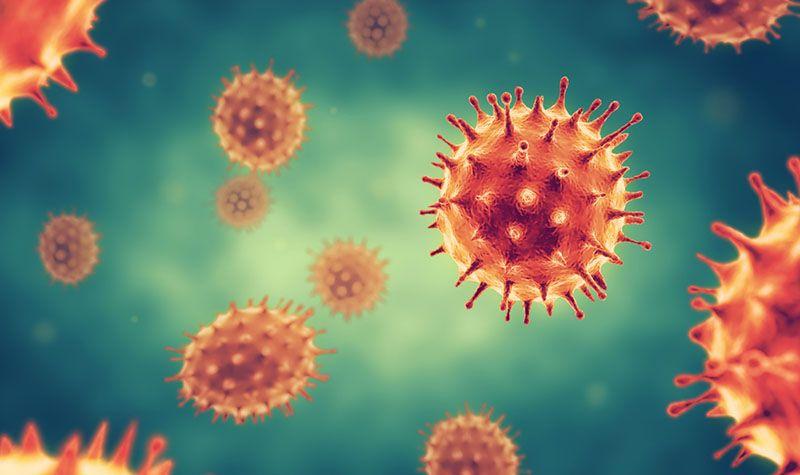A Belgian woman was infected twice with COVID-19. 93 days after the first infection she was re-infected. The patient's virus samples were mapped in the coronavirus reference lab (UZ Leuven, KU Leuven).
In March of this year, a 51 year-old Belgian patient consulted her GP with the following symptoms: a fever, a cough, chest pain, shortness of breath, muscle pain and sudden loss of smell and taste. After a nasopharyngeal swab, SARS-CoV-2 was detected via a PCR-test. The patient was asked to self-isolate for two weeks and remained another three weeks off sick before returning to work. Three months later, in June, she was presented with the same symptoms and the second PCR-test also came back positive for SARS-CoV-2. The second COVID-19-episode was less serious and only lasted a week. Tests taken in July showed high concentrations of SARS-Cov-2-antibodies. A control test in August gave a negative result for SARS-CoV-2.
Different strains
In both cases the genetic code of the SARS-CoV-2-positive samples was mapped in the Belgian reference lab for coronavirus at the KU Leuven. Researchers detected eleven mutations in the virus genomes of the two samples. A molecular analysis put the two virus isolates under the different strains of the SARS-CoV-2-virus.
“The genetic differences and the time lapse between the two infection indicate a re-infection rather than a persistent infection", according to professor Piet Maes.
Scientists Hong Kong recently reported a patient that developed a second COVID-19 episode after 142 days, albeit asymptomatic. The Belgian patient developed a (second) symptomatic episode after only 93 days.
Vaccination
“The fact that symptomatic re-infection can already occur after 93 days, indicates that people that have recovered from a SARS-CoV-2-infection are not necessarily immune or protected against re-infection with this coronavirus”, professor Marc Van Ranst explains. “The possibility for re-infection could be an indication that patients that have recovered from a SARS-CoV-2-infection still have to vaccinated as soon as a vaccine becomes available.”
Professor Van Ranst's team is currently working on a paper presenting their findings. Before publication, the paper will be uploaded on a preprint server and shared on this page as soon as it is available.
